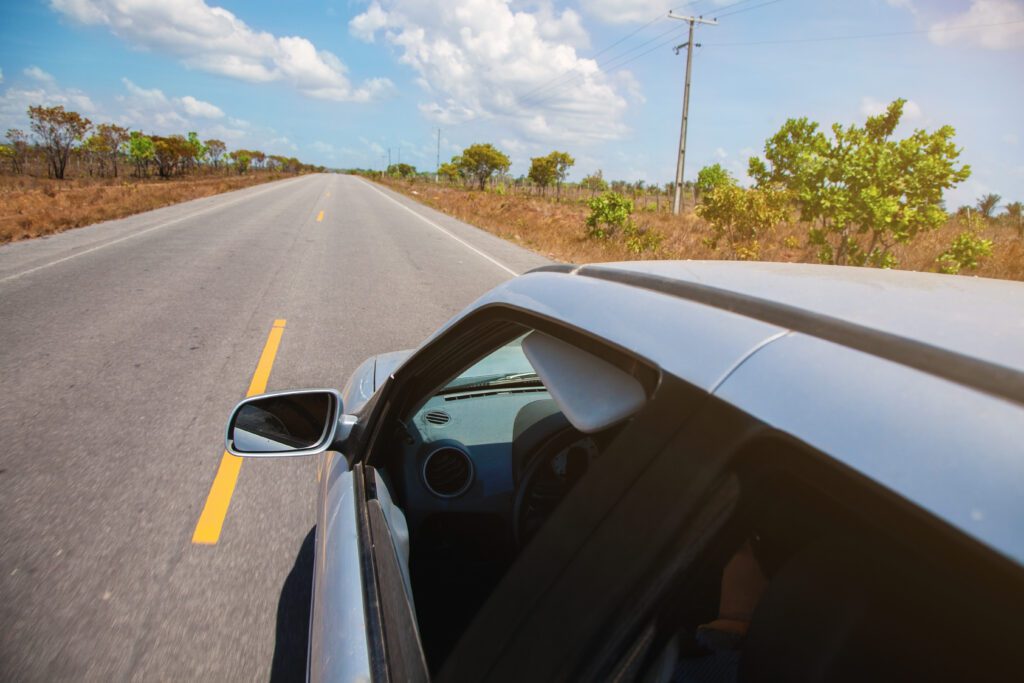Hiring a car is one of the most flexible and convenient ways to explore new destinations, offering the freedom to travel at your own pace.
However, there are many misconceptions surrounding the process that can lead to confusion, unnecessary stress, and even unexpected fees.
To help you make informed decisions, Ed Sharp, Head of Car Hire at TravelSupermarket, has debunked common myths to put your mind at ease and avoid any unnecessary stress:
Myth: You must buy the renal company’s insurance
Many credit card providers and personal insurance policies offer rental car coverage. It’s worth checking with your provider before purchasing duplicate insurance from the rental company, as this could save you money.
Myth: You can drive a rental car anywhere
Some rental agreements include territorial restrictions, meaning you may not be allowed to cross borders or drive from one country to another. If you plan to do so, it’s essential to inform the car hire company in advance to ensure it’s permitted under your agreement.
Each car hire company has its own rules and list of authorised countries, so it’s always best to check with them before finalising your itinerary.
Myth: Returning the car with a full tank of petrol avoids all fees
Whether this is true depends on the rental company and the specific fuel policy in your agreement. Common policies include:
- Full-to-full – The car is provided with a full tank at pick-up and must be returned with a full tank to avoid refuelling fees.
- Same-to-same – The car is provided with a partial tank and must be returned with the same amount of fuel. For example, if you collect the car with half a tank, you must return it with half a tank.
- Full-to-empty – You pay upfront for a full tank at pick-up and can return the car with any amount of fuel. However, you will not be refunded for any unused fuel.
- Pre-purchased with a full refund – You pay for a full tank in advance and can return the car with any amount of fuel. You will be refunded for any unused fuel.
- Pre-purchased with a partial refund – Similar to the full refund option, but the refund is reduced by a service charge set by the hire company.
- Free tank – The car comes with a full tank at pick-up, and you can return it with any amount of fuel without incurring refuelling fees.
Myth: Every rental company requires a credit card for deposits
While most rental companies prefer credit card payments for deposits and security reasons, some providers accept debit cards or even cash. Since policies vary, it’s worth confirming the accepted payment methods in advance.
Myth: The cheapest rental price is always the best deal
A low upfront price may be misleading, as it could exclude hidden charges, have limited mileage, or require costly insurance add-ons. To avoid unpleasant surprises, always read the full terms and conditions carefully.
Myth: Returning a car at the airport is always more expensive
Airport drop-offs often include additional surcharges, but this doesn’t always make non-airport locations the cheaper option. When factoring in transport costs or the time required to reach an off-site location, airport returns may sometimes be more convenient or even cost-effective.
Additionally, airport locations may offer better availability or promotional rates, making them the better option overall. To be sure, it’s wise to compare both airport and non-airport prices.
Myth: You can return the car late if you call ahead
Most car rental companies have strict return policies, and even being just 30 minutes late can result in extra charges equivalent to a full day’s rental. While calling ahead might seem courteous, it doesn’t guarantee they will waive the fee. It’s best to return the car on time or formally extend the booking if you anticipate a delay.
Myth: You can let someone else drive as long as they are insured
Only drivers listed on the rental agreement are legally allowed to drive the vehicle, even if someone else is insured. If an unlisted driver is involved in an accident, the rental company may refuse coverage and hold the main renter liable.


